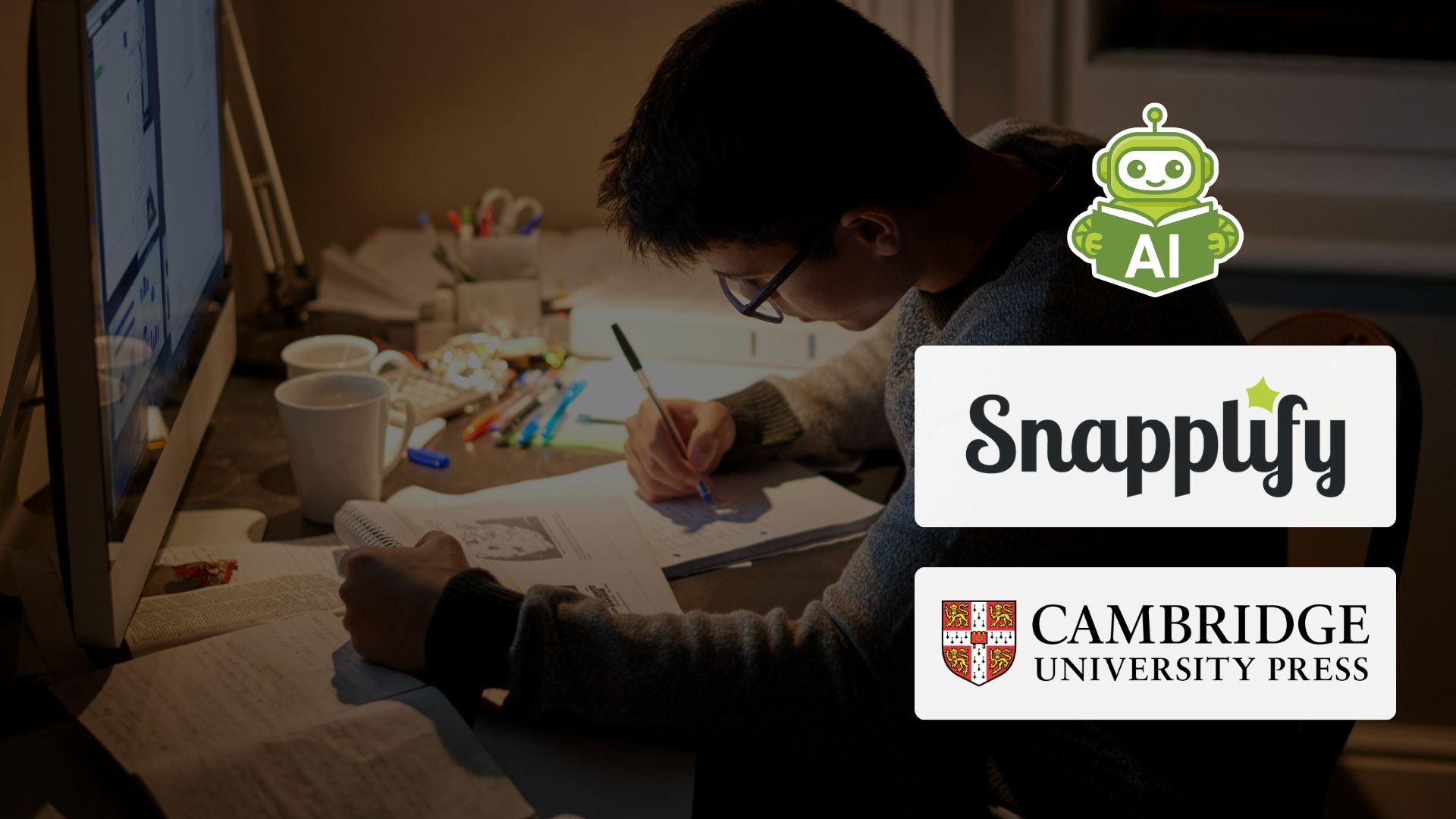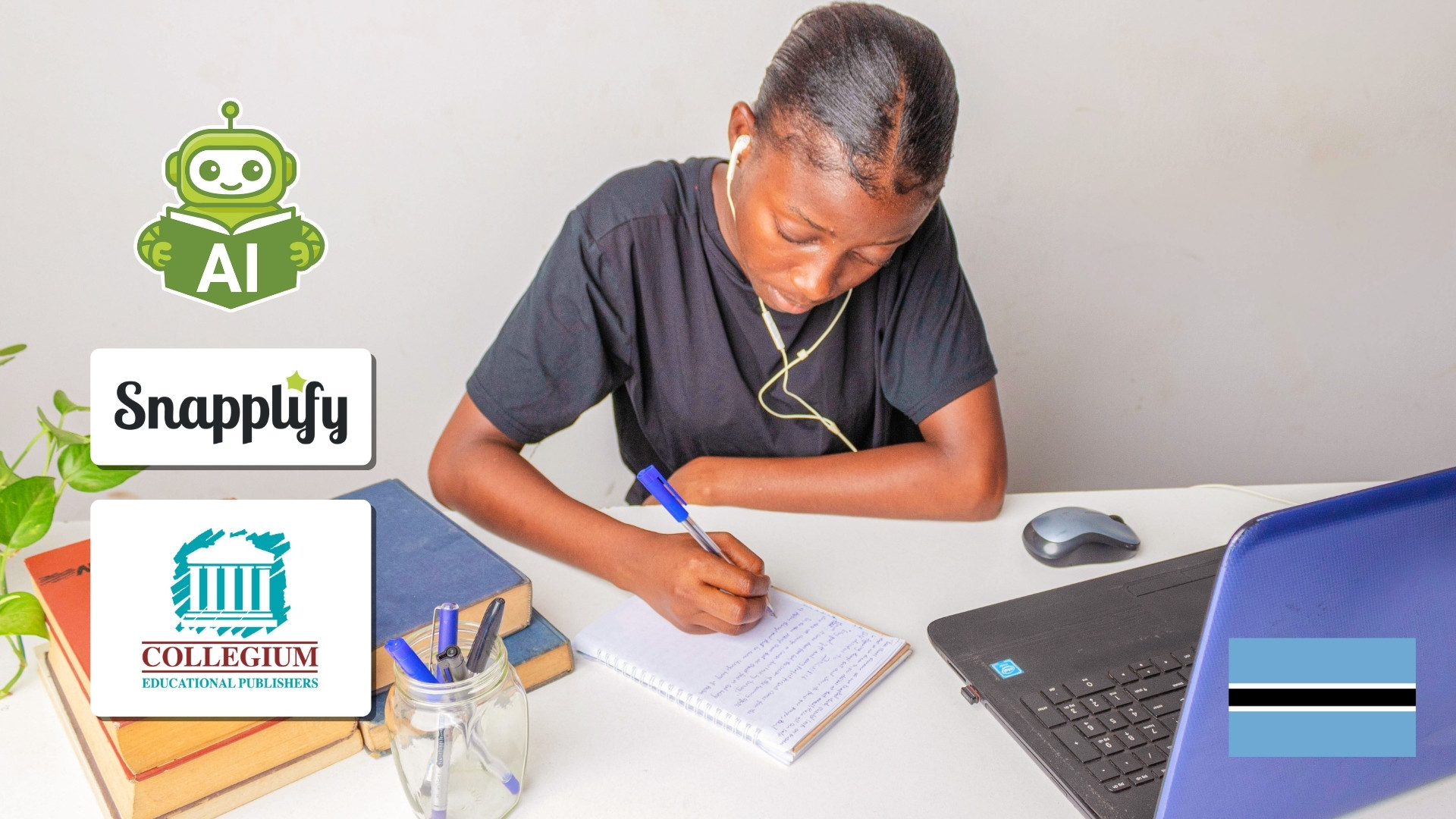Snapplify’s Stephen Bestbier considers how diverse stakeholders are coming together to nurture a lifelong love of reading‘
No child should leave school without having mastered these skills. In fact, no child should proceed to grade 4 without having mastered basic literacy and numeracy.’ – Western Cape Minister of Education, Debbie Schafer
As a former school teacher, I know that being able to read is a crucial skill – not simply at school, but in broader society too. Reading teaches critical thinking and gives citizens lifelong access to knowledge. Without reading skills, citizens are unable to take part fully in the world around them.
The Western Cape Reading Strategy is a new civil society project that brings together multiple stakeholders – including government, NGOs, corporate stakeholders and religious groups – who are working together to achieve social justice for all. Snapplify, as a global edtech company, is one of the stakeholders committed to supporting these goals, while also teaching tech soft skills that are essential preparation for the Fourth Industrial Revolution and the changing work environment.
Literacy as a foundationThe most recent Progress in International Reading Literacy Study (PIRLS), which measures the reading comprehension of Grade 4 learners, placed South Africa last out of 50 countries analysed, and found that 78% of Grade 4s cannot read for meaning in any national language. Achieving basic literacy by this age is regarded as essential, since the likelihood that children who are functionally illiterate at age nine will ever learn to read is slim. A shaky foundation impacts the rest of a child’s education, often contributing to school dropout rates later. This, in turn, affects future employability and income potential.
Reading is not only critical to personal success, but is significant to social development too. In fact, learning to read ‘has a strong social justice imperative’, says researcher Ursula Hoadley: ‘The value of literacy extends beyond the classroom‚ and should ideally equip children with the knowledge‚ skills and confidence to participate actively in society.’ Literacy is also what underpins social cohesion and innovation, with research showing that reading builds empathy, and encourages imagination and critical thinking.
Boosting literacy strategically
With literacy as the foundation for all learning – and indeed, a key building block for a functional, successful society – promoting a culture of reading is an essential step towards addressing South Africa’s reading crisis. Currently, only 14% of South Africans are committed book readers, while a national survey by the South African Book Development Council, showed that, on the other end of the scale, an alarming 73% of people are unlikely to read for leisure. It is telling that six out of ten households don’t own any leisure reading books, and only 6% of parents read to their children. To address this, the Western Cape Education Department has produced resources for parents with tips for building literacy skills at home.
Boosting literacy levels in the country, changing public perceptions around books and convincing parents to incorporate reading into their home life (a significant factor) requires an extensive foundational strategy. The department’s new Reading Strategy acknowledges the complexities of addressing the problem, and outlines five main pillars:
- teacher development,
- learning and teaching support material,
- learner support,
- parental involvement, and
- advocacy.
Teachers need appropriate training so that they can teach reading effectively and support students adequately, and importantly, both teachers and students need access to books.
Access to the right resources
Giving more children access to books – both textbooks and leisure reading materials – will go a long way to solving South Africa’s literacy crisis. In schools, service delivery issues need to be overcome so that students get their books on time.
Siyavula, the Sasol Inzalo Foundation and the Department of Basic Education (DBE) are all examples of stakeholders committed to making STEM subject textbooks more accessible. Siyavula’s top-quality, curriculum-aligned e-textbooks for are open-access, free, and easily available in digital form. Nal’ibali, Book Dash and African Storybook have also been instrumental in producing open-access children’s reading material – in African settings and in multiple South African languages.
Snapplify is proud to work with these organisations to make their materials freely available to schools who are using Snapplify technology in their classrooms.
Working towards radical inclusion
With a long history of lowering barriers to access and making digital education possible for educational institutions across Africa, Snapplify is proud to be aligned with the Western Cape’s Reading Strategy, and quality content providers. After signing up, for free, to Snapplify’s Engage e-learning platform, schools get immediate access to a digital library with over 50 000 free resources – from teacher guides and e-textbooks, to study guides and past exam papers for revision purposes. Our e-library also includes enjoyable reads for budding bookworms, such as classic literature (plays, novels and poetry) and children’s books in all of South Africa’s official languages. Not only are picture books like these ‘an important source of new language, concepts, and lessons for young children’, but these stories feature diverse characters and settings. In these books, children find characters they can role-model and be inspired by, as well as relatable content that reflects their world.
In turn, our Snapplify Reader app works on all operating systems so users can read their books on any device. Essentially, wherever there is a cell phone, there is a potential school library. The app also allows for offline use, and provides accessibility features, such as text-to-speech, large-print and dyslexia fonts.
These are just some of the ways that Snapplify is striving towards radical inclusion, and empowering schools and students with the digital tools and content that they need to succeed. As we continue to work hand-in-hand with other stakeholders to implement the Western Cape Reading Strategy in 2020, I hope that we’ll be able to place books into the hands – and hearts – of children who need them most.
Thousands of schools have already joined the Snapplify Engage family. Register online for free today to get access to teacher benefits and other incredible educational tools. Email hello@snapplify.com to chat about your specific needs and how we can work together.[/et_pb_text][/et_pb_column][/et_pb_row][/et_pb_section]



